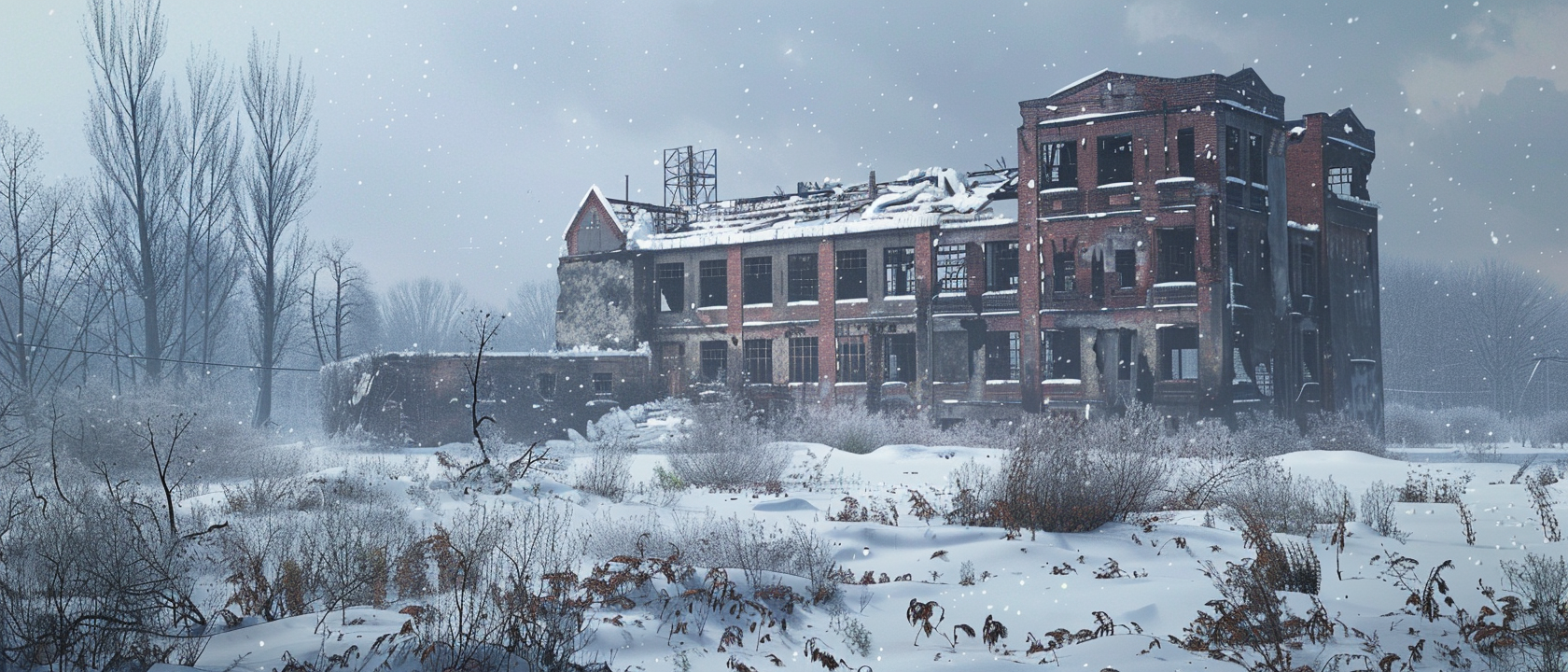The Cost of Going Green: Germany's Industrial Output Plummets
This post was originally published on
As Germany grapples with the consequences of its environmental policies, fresh data reveals a startling trend: the nation's industrial production has declined for the seventh consecutive month, reaching levels not seen since 2006. This alarming downturn, which takes Germany's industrial capacity back 18 years, teeters on the brink of reverting to the era of the Berlin Wall's collapse in the 1990s.

Source: mishtalk.com
Mish Shedlock, an economic analyst, starkly proclaimed that "Germany's Industrial superpower days are over." However, this is not a crisis contained within German borders; it is a symptom of a broader European malaise. Driven by powerful environmental lobbyists in Brussels, the continent's deindustrialization efforts seem to be accelerating, risking the surrender of Europe's economic sovereignty to the burgeoning BRICS bloc led by China and Russia.
According to Bloomberg, the cessation of cheap Russian natural gas has been a final, crippling blow to the German industrial machine. This energy crisis has particularly devastated energy-intensive sectors, which have transitioned from fossil fuels to renewable energy sources at a high financial and operational cost.
Germany's latest output data showcased a 1.6% decline from the previous month, a stark contrast to the 0.3% growth economists had anticipated. This signals an almost 20% annualized drop, underscoring the disconnect between the expectations of Europe's mainstream economists and the on-ground industrial reality.
The most significant hits were taken by construction, which fell 3.4%, and the chemical industry, plunging 7.6% to levels last seen in 1995. The energy sector witnessed a 15% drop in a single month, coinciding with the shutdown of Germany's last nuclear reactor—a move that further exacerbates the nation's energy woes.
Bloomberg highlighted the closure of a Dusseldorf steel plant that had been operational for 124 years, a testament to the painful industrial retreat that is forcing entire facilities to shutter and lay off their workforce. The situation could have been direr if not for a temporary rebound in the automotive sector and an uptick in orders for Europe's Airbus, due in part to Boeing's recent struggles.

Source: mishtalk.com
The root cause of this industrial backslide points to energy—or the lack thereof. As the European Union commits to environmental reforms, Germany has seen its energy prices skyrocket by nearly 150% in three years. The twin pressures of phasing out local energy sources and the sanctions against Russia have left renewable energy solutions scrambling to fill the void.

Even industries like solar panel manufacturing, supposedly beneficiaries of the green transition, are facing shutdowns due to high energy costs and fierce competition from China's heavily subsidized solar sector.
The broader picture reveals a Europe in the process of dismantling its industrial framework and exporting it abroad, with global players like BASF investing billions in Chinese manufacturing complexes. This strategic shift underscores a troubling relinquishment of control over vital sectors, from energy and agriculture to manufacturing.
In the shadow of these developments, the global political elite appear complacent, if not supportive, of the ongoing deindustrialization, raising questions about the future of domestic industries that have long underpinned Western prosperity.




